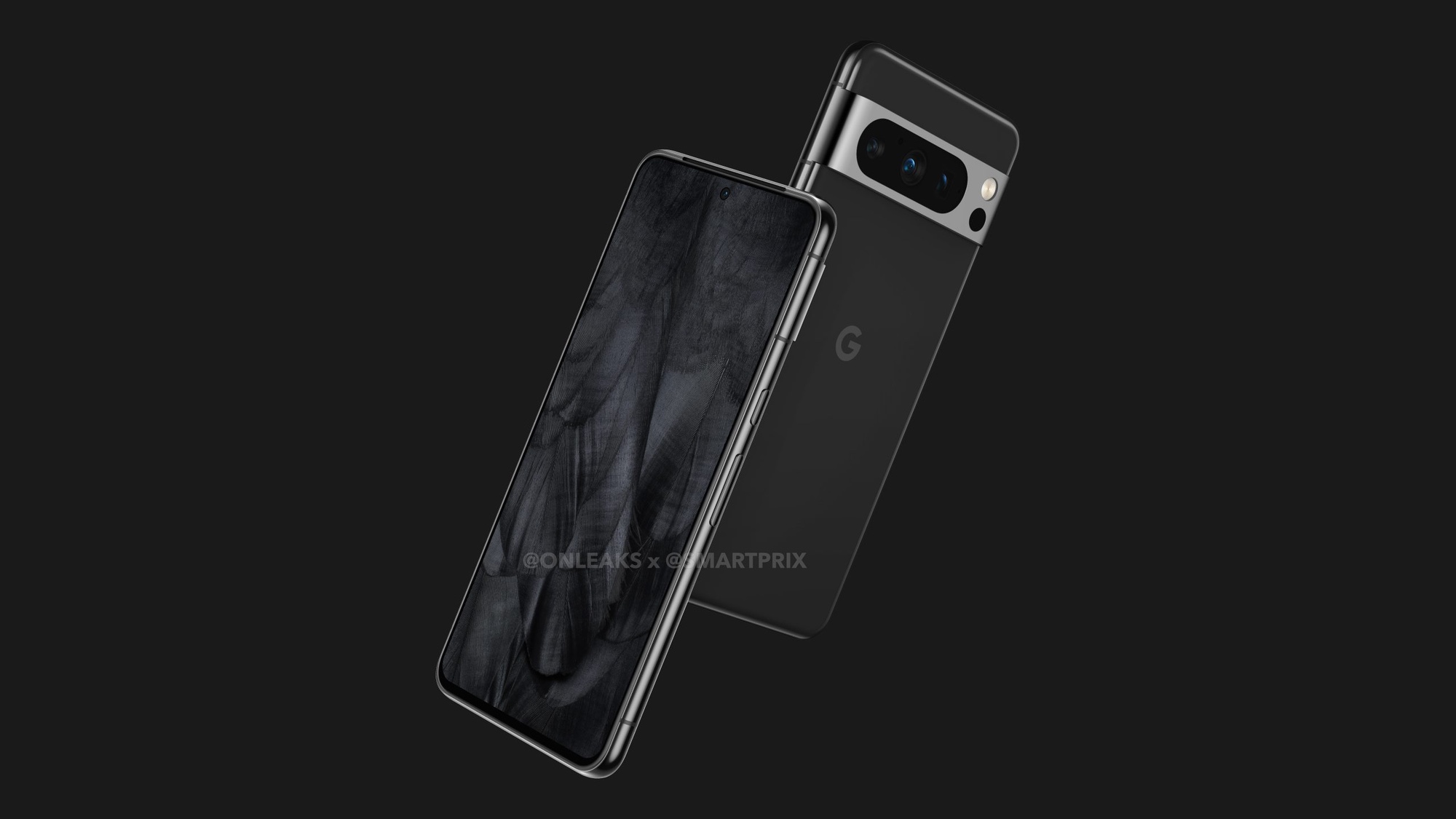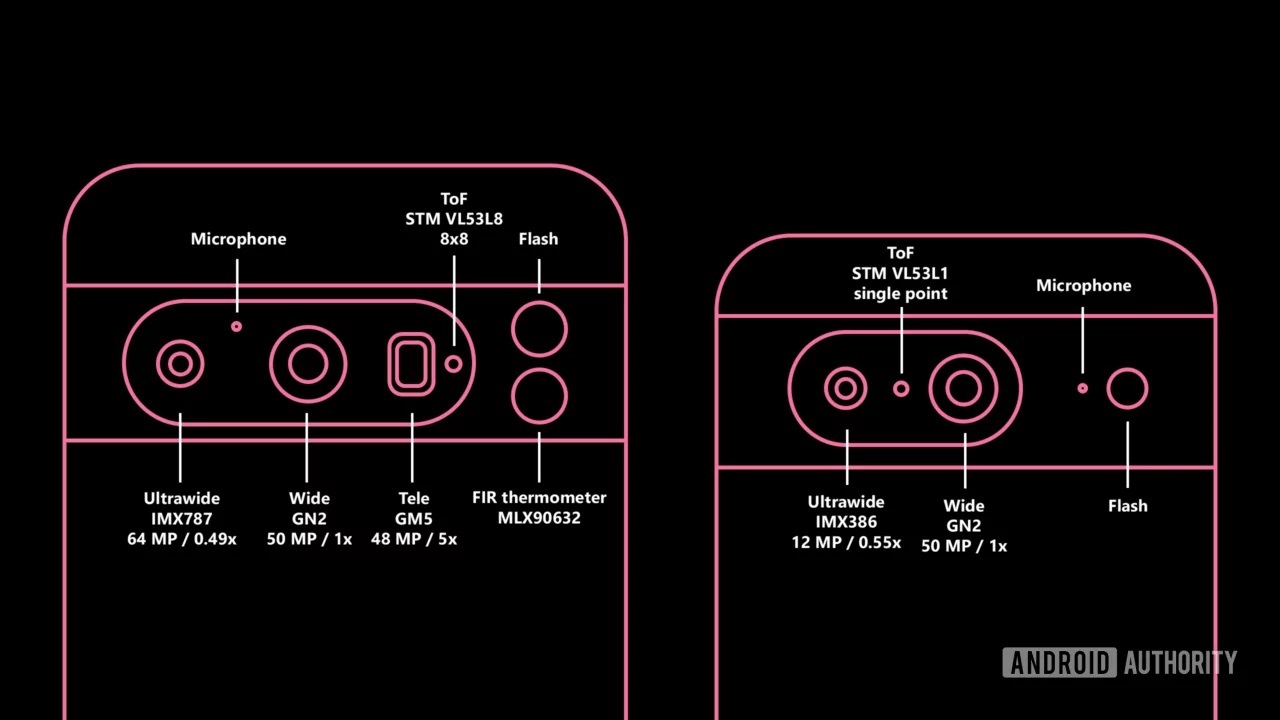
Thanks to its first-class image processing, Pixel devices have almost always been present on our list of the best camera phones you can buy.
That was even the case when its hardware was, on paper, weaker than its competitors. But a new reveal from the reliable leaker Kamila Wojciechowska suggests that, with the Pixel 8 family, Google will be taking things up a notch.
In a piece for Android Authority, Wojciechowska outlined the key upgrades you can look forward to. It’s almost completely good news, with a couple of minor downers at the end.
The biggest news is that both the Pixel 8 and Pixel 8 Pro are getting the Samsung ISOCELL GN2 as their primary camera sensor.
It’s a 50-megapixel sensor that’s the direct follow-up to the GN1 deployed in both the Pixel 6 and Pixel 7. It’s larger, allowing it to capture around 35% more light in a scene, meaning your low-light shots should look considerably better than before. Notably, it also supports 8K video recording, which is something that the Tensor 3 chip is also capable of.
On the subject of previous leaks, Wojciechowska reveals that the mysterious temperature sensor in the Pixel 8 Pro is a Melexis MLX90632.
If that’s correct, it’s not a thermal camera or anything to do with photography: It’s just for non-contact temperature readings. “Google simply decided to include a fairly expensive gimmick in its device, and not for the first time,” writes Wojciechowska, alluding to the Pixel 4’s Soli-powered Motion Sense.
Speaking of Pro-exclusive upgrades, Wojciechowska claims that the Pixel 8 Pro will also be upgraded to feature an 8x8 ToF VL53L8 sensor to “make the autofocus much more reliable.”

Both the Pixel 8 and its Pro version will apparently get an ultrawide camera upgrade too. For the Pixel 8 Pro, this is especially eye-catching, as Wojciechowska says it’s set to inherit the 64-megapixel Sony IMX787 — the same one the Pixel 7a uses as its main camera — purely for ultrawide shots. That’s a big upgrade from the 12-megapixel snapper currently in place.
The regular Pixel 8 also gets an upgrade in this department, albeit not as eye-catching a one. It’s the same 12-megapixel Sony IMX386, but it’s slightly wider with a 0.55x zoom ratio, an upgrade from the 0.67x one found in the Pixel 7.
The Google Camera app is apparently getting three significant upgrades, too. You can expect level selection for artificial bokeh that comes with the “Cinematic” mode and something called “Adaptive torch” which lets you adjust the LED flash to match the scene you’re shooting. Finally, there’s something called “Segmentation AWB” which lets you divide a scene up, letting AI apply its processing magic touch to each individual segment.
And what about those downers I mentioned earlier? Firstly, there’s no mention of an upgrade to the front-facing selfie camera. This is a bit of a shame, as many viewed it as the Pixel 7 camera’s weak link, but you’ll obviously be unaffected if you’re not a big selfie taker.
The second is that Wojciechowska states that the Pixel 7 Pro’s macro mode may not come back again, and that is a shame. Though, in Google’s defense, it’s probably a niche sensor.
The Pixel 8 is still some way off, with a release not expected until this October or November, where the handsets are expected to appear with the shiny, new Android 14 operating system. If current rumors are to be believed, we’ll also see Google’s second attempt at a wearable with the Pixel Watch 2.







